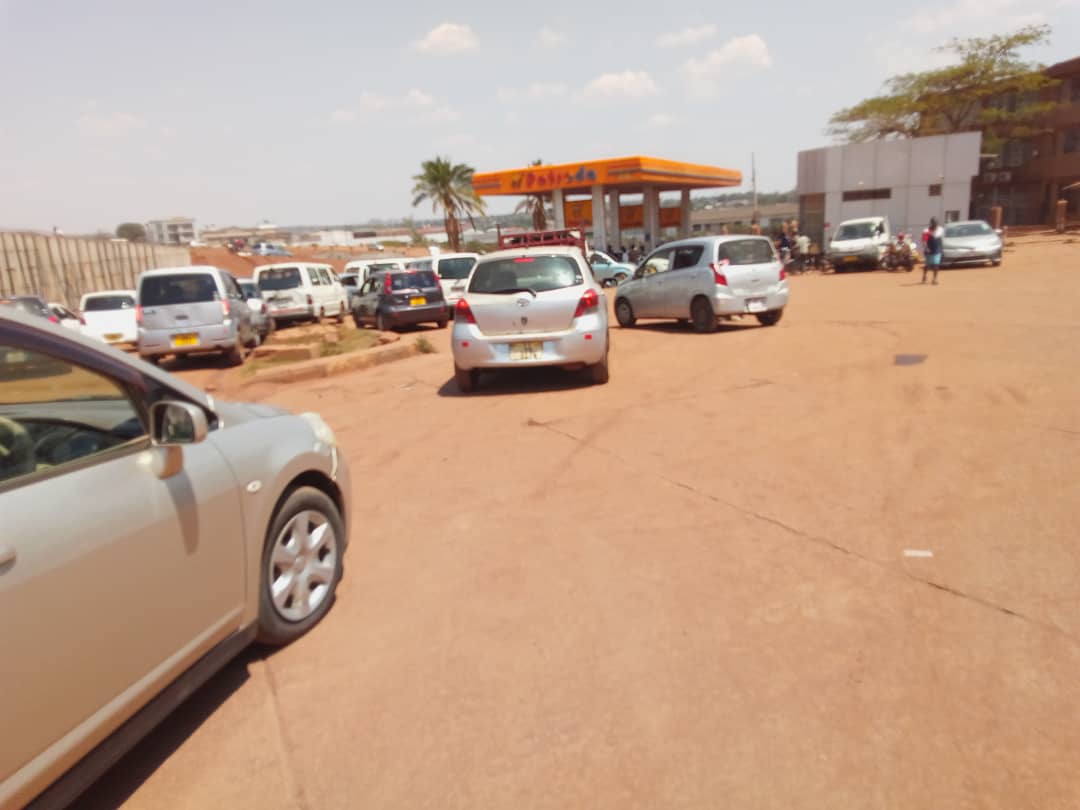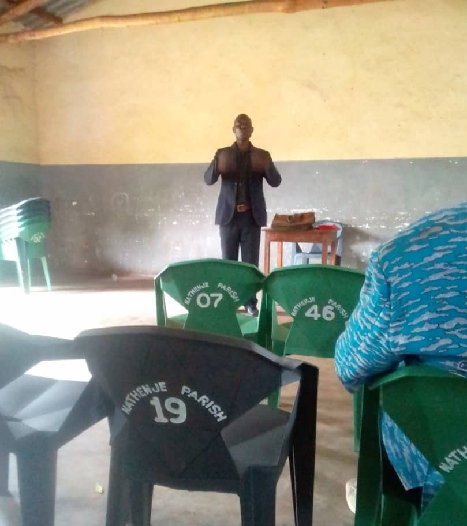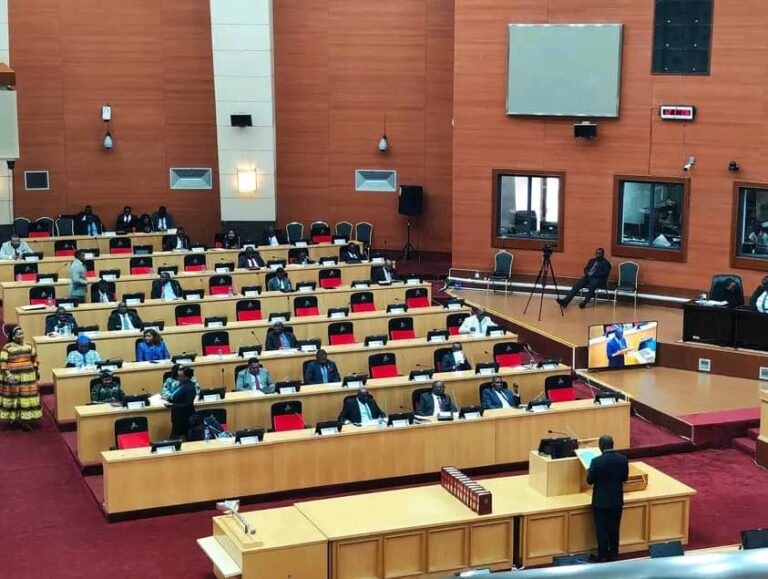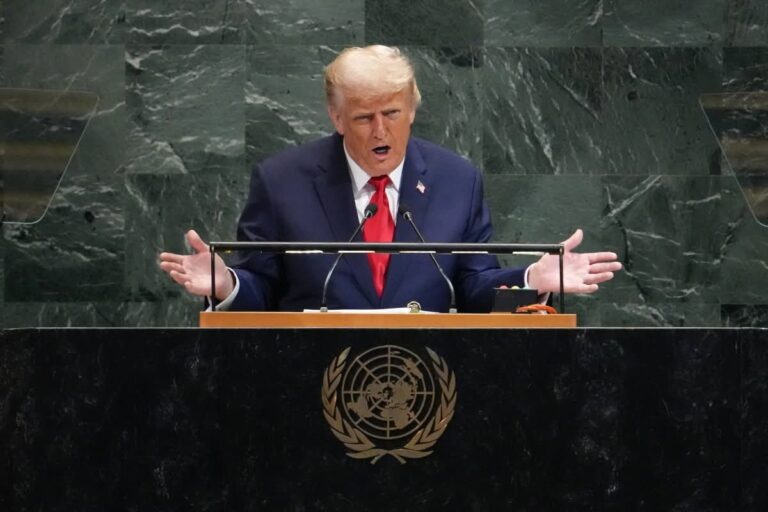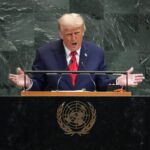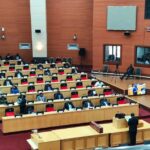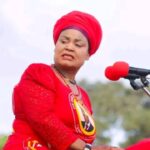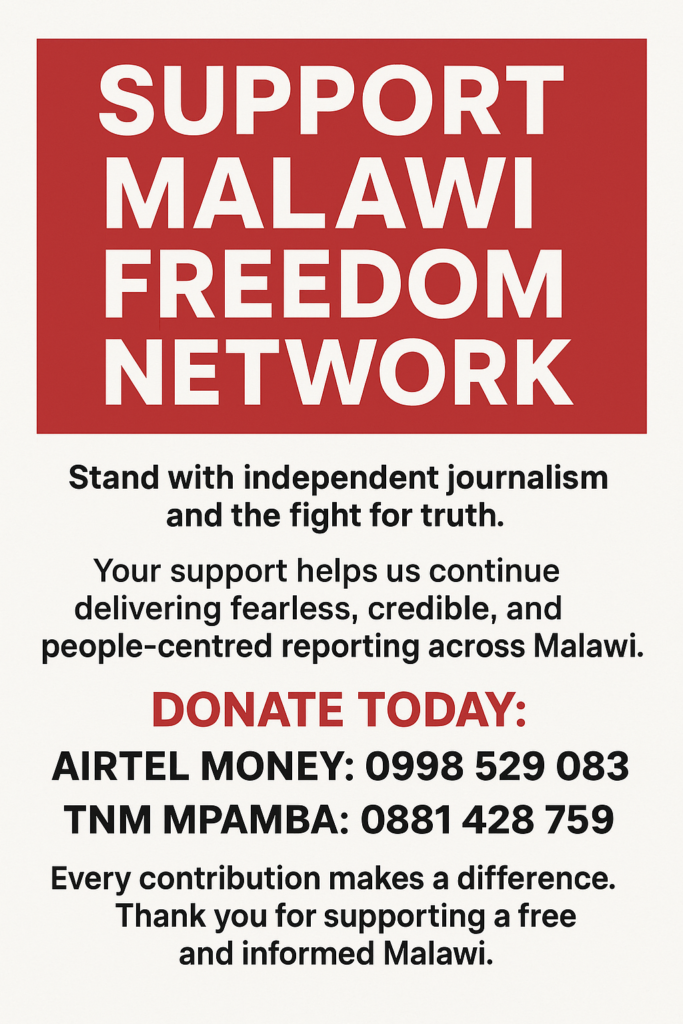By Burnett Munthali
In Malawi, the statement, “Chikhala kuti ma push ups amabweretsa Forex, bwenzi pano tili ndi forex lololo,” has become a humorous yet poignant way of expressing frustration over the ongoing foreign exchange (forex) shortages that have crippled the country. Translated loosely to, “If push-ups could bring forex, we would have enough foreign currency by now,” the statement reflects the deeply felt disappointment among citizens as they face one of the most significant economic challenges in recent years.
This light-hearted observation underscores a serious issue: the forex crisis is not a problem that can be solved with quick fixes or effort alone. Malawi’s forex challenges are rooted in broader economic imbalances, including low export earnings, high import bills, and poor management of foreign reserves. The joke brings attention to the idea that, despite citizens’ efforts in their daily lives, the country’s leadership must confront the forex issue head-on with serious policy reforms.
Foreign exchange shortages are not a standalone issue but a critical element of broader economic stability. In Malawi, forex shortages have impacted multiple sectors, most notably the importation of essential goods such as medicines, food items, and fuel. The second part of the witty statement, “Pano kufuna kuyenda ukumafunsa kaye komwe kuli fuel” (meaning, “Nowadays, you have to ask where the fuel is before making travel plans”), sheds light on a direct consequence of forex shortages: fuel scarcity.
Fuel scarcity has a direct and significant impact on daily life in Malawi. Public transport becomes unreliable, businesses struggle to operate, and costs rise due to the scarcity of fuel. Long queues at petrol stations are now a common sight, with many people forced to spend hours or even days trying to access fuel. Without sufficient forex reserves, the country struggles to pay international suppliers for fuel, leading to these crippling shortages.
Fuel is a cornerstone of modern economies, and its scarcity has ripple effects across multiple sectors. In Malawi, the energy and transport sectors have been hit hardest. Businesses that rely on transportation for their operations, from agricultural exports to retail goods, are severely affected. Additionally, the lack of fuel also impacts electricity generation in a country that already grapples with frequent power outages.
This economic disruption filters down to the everyday Malawian, whose ability to move freely and access goods is increasingly constrained. The humor expressed in statements like “Chikhala kuti ma push ups amabweretsa Forex” serves as a coping mechanism for a population facing real hardship, as these issues become part of daily life.
The shortage of forex points to a larger problem within the country’s economic framework. Malawi’s export earnings, which should generate the forex necessary to fuel the economy, remain low due to factors such as declining agricultural productivity, a lack of diversification, and weak industrial output. Meanwhile, the country’s import bill continues to rise, largely due to reliance on imported goods, including fuel, foodstuffs, and medicines.
Without meaningful reforms, forex shortages will likely persist, leading to further economic deterioration. The government must focus on increasing export earnings, managing reserves efficiently, and reducing the trade imbalance. Additionally, investment in local industries could reduce dependence on imports, easing the strain on the limited forex reserves.
Malawians are known for their resilience and resourcefulness in times of hardship, and the humor surrounding the forex and fuel crises is just one example of this. However, humor can only go so far. While it helps alleviate the emotional toll of the crisis, it does not provide a solution. The forex crisis requires urgent attention and long-term strategies.
In summary, the humor in the statement, “Chikhala kuti ma push ups amabweretsa Forex, bwenzi pano tili ndi forex lololo,” reflects the frustration that many Malawians feel about the economic situation. The ongoing forex shortages and their ripple effects, particularly fuel scarcity, illustrate the deep-seated economic challenges the country faces. These issues demand more than surface-level solutions—they require significant policy changes and a commitment to long-term economic reform.
